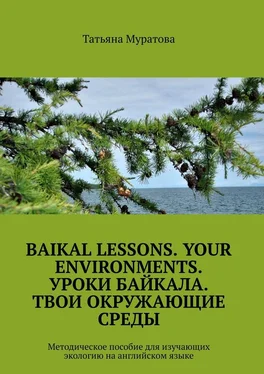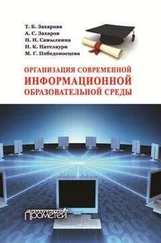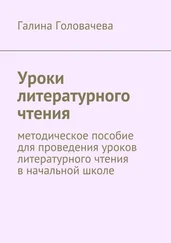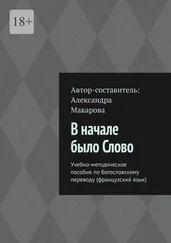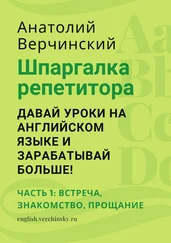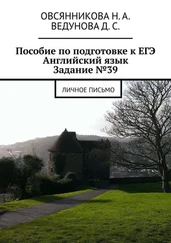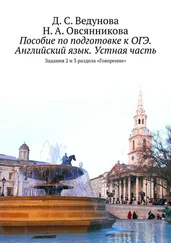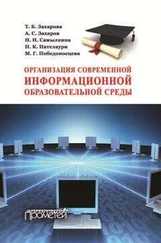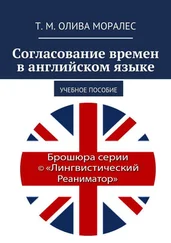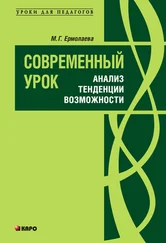If we are unable to learn to use the environment carefully and protect it from damage caused by man’s activities, very soon we’ll have no world to live in.
Topical Vocabulary.
an unlimited source of resources – неисчерпаемый источник ресурсов
to absorb smth. – поглощать
to be closely related – быть тесно связанным
to supply the economy with resources – обеспечивать экономику
ресурсами
to damage the resources – нанести вред ресурсам
to pump waste gases – выбрасывать отработанные газы
to cause acid rain – вызвать кислотный дождь
to lead to forest damage – привести к повреждениям
to reduce the resources of – сократить ресурсы чего-либо
water shortage – нехватка воды
to result from – быть результатом чего-либо
abuse of arable lands – неправильное использование земель
destroying the ozone layer – разрушение озонового слоя
damage to water and soils – вред водам и почвам
damage to wildlife – вред дикой природе
species of animals and plants – виды животных и растений
to arise from – возникать вследствие чего-либо
to suffer an environmental problem – сталкиваться с проблемой
окружающей среды
the effect of the Chernobyl disaster – последствия Чернобыльской
катастрофы
cotton growing – хлопководство
to be under threat – быть под угрозой
a system of dams – система плотин
to use the environment carefully – осторожно использовать
окружающую среду
to protect smth. from damage – защитить что-либо от повреждений
Answer the questions:
1.What have many economists thought of the environment?
2.Why do some economists think that pollution damages the resources?
3.What are the consequences of damaging the environment?
4.What environmental problems suffer the territories of the former Soviet Union?
5.What could happen if we don’t learn to use the environment carefully?
Translate into English:
1.Окружающая среда – это не неиссякаемый источник ресурсов.
2.Окружающая среда не может поглощать все отходы, которые экономика выбрасывает.
3.Окружающая среда обеспечивает экономику ресурсами.
4. Загрязнение окружающей среды вызывает кислотный дождь.
5.Загрязнение окружающей среды сокращает ресурсы промышленности.
6.Чрезмерное использование земель ведет к нехватке водных ресурсов.
7.Выбросы отходов в воздух разрушают озоновый слой земли.
8.Выбросы отходов наносят вред земле, почве и дикой природе.
9.Среди проблем окружающей среды на территории бывшего СССР последствия Чернобыльской катастрофы, проблема Аральского моря и другие.
10.Мы должны научиться бережно использовать окружающую среду.
Ecology– The study of the relationships between all living organisms and the environment, especially the totality or pattern of interactions; a view that includes all plant and animal species and their unique contributions to a particular habitat.
Ecosystem – The interacting synergism of all living organisms in a particular environment; every plant, insect, aquatic animal, bird, or land species that forms a complex web of interdependency. An action taken at any level in the food chain, use of a pesticide for example, has a potential domino effect on every other occupant of that system.
Climate Change –this term is commonly used interchangeably with «global warming» and «greenhouse effect», but is more descriptive term. Climate change refers to the buildup of man-made gases in the atmosphere that trap the sun’s heat, causing changes in weather patterns on a global scale. The effects include changes in rainfall patterns, sea level rise, potential droughts, habitat loss, and heat stress. The greenhouse gases of most concern are carbon dioxide, methane, and nitrous oxides. If these gases in our atmosphere double, the earth could warm up 1.5 to 4.5 degrees by the year 2050, with changes in global precipitation having the greatest consequences.
Pesticide –A chemical used to kill animal or plant pests.
Smog – Air pollution caused by the mixture of smoke
1. ENVIRONMENTAL PROTECTION
The poisoning of the world’s land, air, and water is the fastest-spreading disease of civilisation. It probably produces fewer headlines than wars, earthquakes and floods, but it is potentially one of history’s dangers to human life on earth. If present trends continue for the next several decades, our planet will become uninhabitable.
Overpopulation, pollution and energy consumption have created such planet-wide problems as massive deforestation, ozone depletion, acid rains and the global warming that is believed to be caused by the greenhouse effect. The seas are in danger. They are filled with poison: industrial and nuclear waste, chemical fertilisers and pesticides. The Mediterranean is already nearly dead; the North Sea is following. The Aral Sea is on the brink of extinction. If nothing is done about it, one day nothing will be able to live in the seas. Every ten minutes one kind of animal, plant or insect dies out for ever. If nothing is done about it, one million species that are alive today will have become extinct twenty years from now. Air pollution is a very serious problem. In Cairo just breathing the air is life threatening-equivalent to smoking two packs of cigarettes a day. The same holds true for Mexico City and 600 cities of the former Soviet Union.
Industrial enterprises emit tons of harmful substances. These emissions have disastrous consequences for our planet. They are the main reason for the greenhouse effect and acid rains. An even greater environmental threat are nuclear power stations. We all know how tragic the consequences of the Chernobyl disaster are. People are beginning to realise that environmental problems are somebody else’s. They join and support various international organisations and green parties. If governments wake up to what is happening-perhaps we’ll be able to avoid the disaster that threatens the natural world and all of us with it.
Questions:
1.What is the fastest-spreading disease of civilisation?
2.What planet-wide problems have overpopulation, pollution and energy consumption created?
3.What will happen to our planet if present trends continue?
4.What is happening to the seas and rivers?
5.The Aral Sea is on the brink of extinction. Do you think it’s possible to save it?
6. A lot of animals are dying out. But people wear fur coats, crocodile handbags, leather shoes, etc. Are you for or against hunting?
7.Is air pollution a serious problem? Why?
Читать дальше
